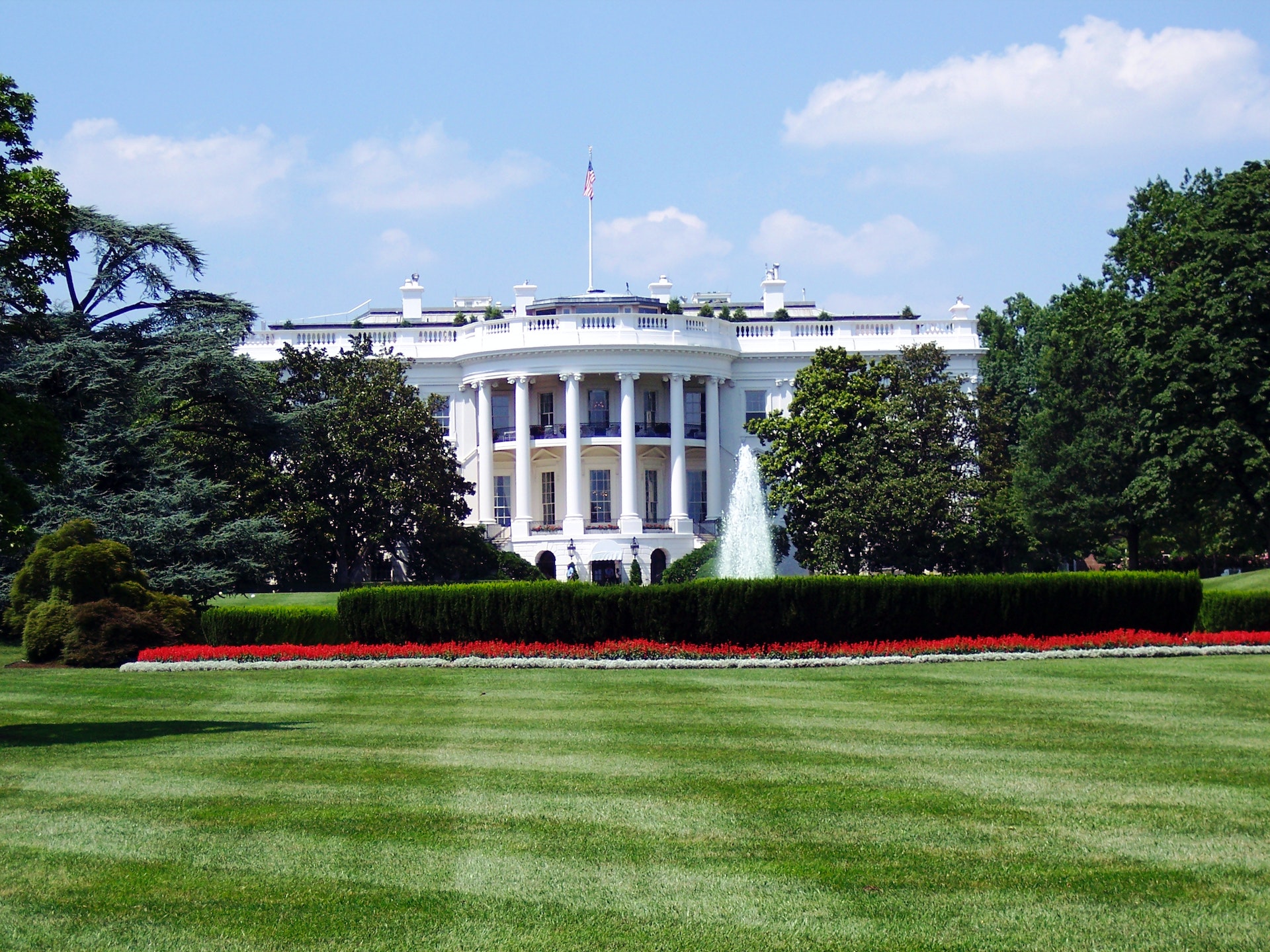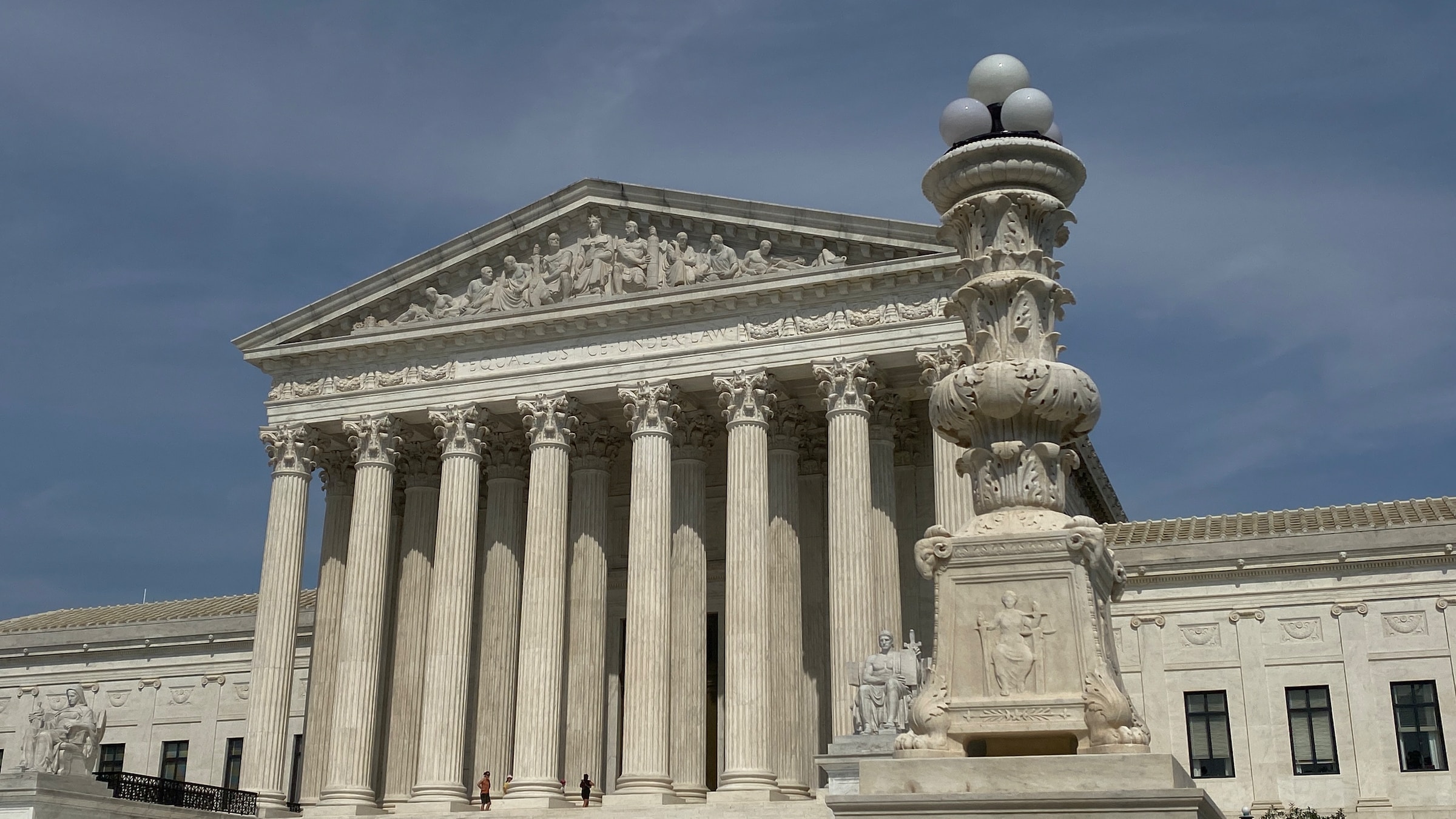WASHINGTON — In a significant policy shift, President Biden's administration announced on Tuesday the restoration of stringent federal regulations mandating detailed environmental evaluations for vast infrastructure projects, from highways and pipelines to oil drilling ventures. These rigorous assessments, which encompass potential climate change impacts and effects on neighboring communities, were reduced by the Trump administration in an effort to hasten project implementation and stimulate job creation.
Reviving the National Environmental Policy Act
The move reinstates vital components of the National Environmental Policy Act (NEPA)—a cornerstone of environmental legislation—which aims to embed community protections into reviews of a multitude of federal proposals. This includes numerous initiatives within the $1 trillion infrastructure law that President Biden ratified last year.

The White House Council on Environmental Quality (CEQ) voiced hope that this latest regulation, set to be operational by the end of May, would mitigate issues engendered by Trump's policy, simultaneously rejuvenating public trust in environmental examinations.
Brenda Mallory, CEQ Chair, said, “By reviving these fundamental community protections, we're offering regulatory clarity, diminishing conflict, and ensuring projects are constructed correctly from the outset.”
A Look Back: Trump's Deregulation Drive
In 2020, former President Trump revamped these environmental evaluations, promoting projects he believed would bolster the economy and generate employment opportunities. Throughout his tenure, Trump prioritized deregulation, often expressing his annoyance with rules he deemed as needless hurdles delaying the greenlighting of major projects like interstate oil and gas pipelines.
One notable change made in 2020 was the constriction of timeframes for environmental reviews and public participation. Additionally, it granted federal officials the discretion to overlook a project's cumulative ramifications, such as its contribution to climate change.
The Broader Implications
Interestingly, this change follows the Supreme Court's recent decision to uphold another Trump-era regulation that curtails the influence of states and Native American tribes in obstructing energy projects that might contaminate water sources. Despite this decision, the Biden administration remains undeterred in its intention to modify the Environmental Protection Agency rule, although the final rule isn't anticipated until the upcoming spring.

Mallory challenged frequent claims by Trump and his associates, stating that comprehensive environmental reviews would, in reality, expedite the completion of substantial projects. This is because they are more inclined to endure legal challenges by environmentalists or states.
Mixed Reactions to the Change
Environmental advocates commended the alteration, viewing it as a restoration of the essential protections provided by NEPA. Leslie Fields, the Sierra Club's national director of policy, advocacy, and legal affairs, stated, “NEPA has been pivotal in maintaining the health and safety of our communities and environment.”
However, the modification wasn't universally well-received. Numerous business organizations and Republican legislators have criticized the change, arguing that it would delay crucial infrastructure developments. Chad Whiteman, from the U.S. Chamber of Commerce, emphasized the need for action on urgent projects. Similarly, Arkansas Rep. Bruce Westerman expressed concerns that the renewed regulations would add more red tape and hinder progress.
As the climate crisis intensifies, the renewed emphasis on rigorous environmental reviews signals the Biden administration's commitment to a more sustainable and community-centric approach to development. However, as reactions show, the path forward remains rife with challenges and disagreements.
©GlobalCO2.uk





